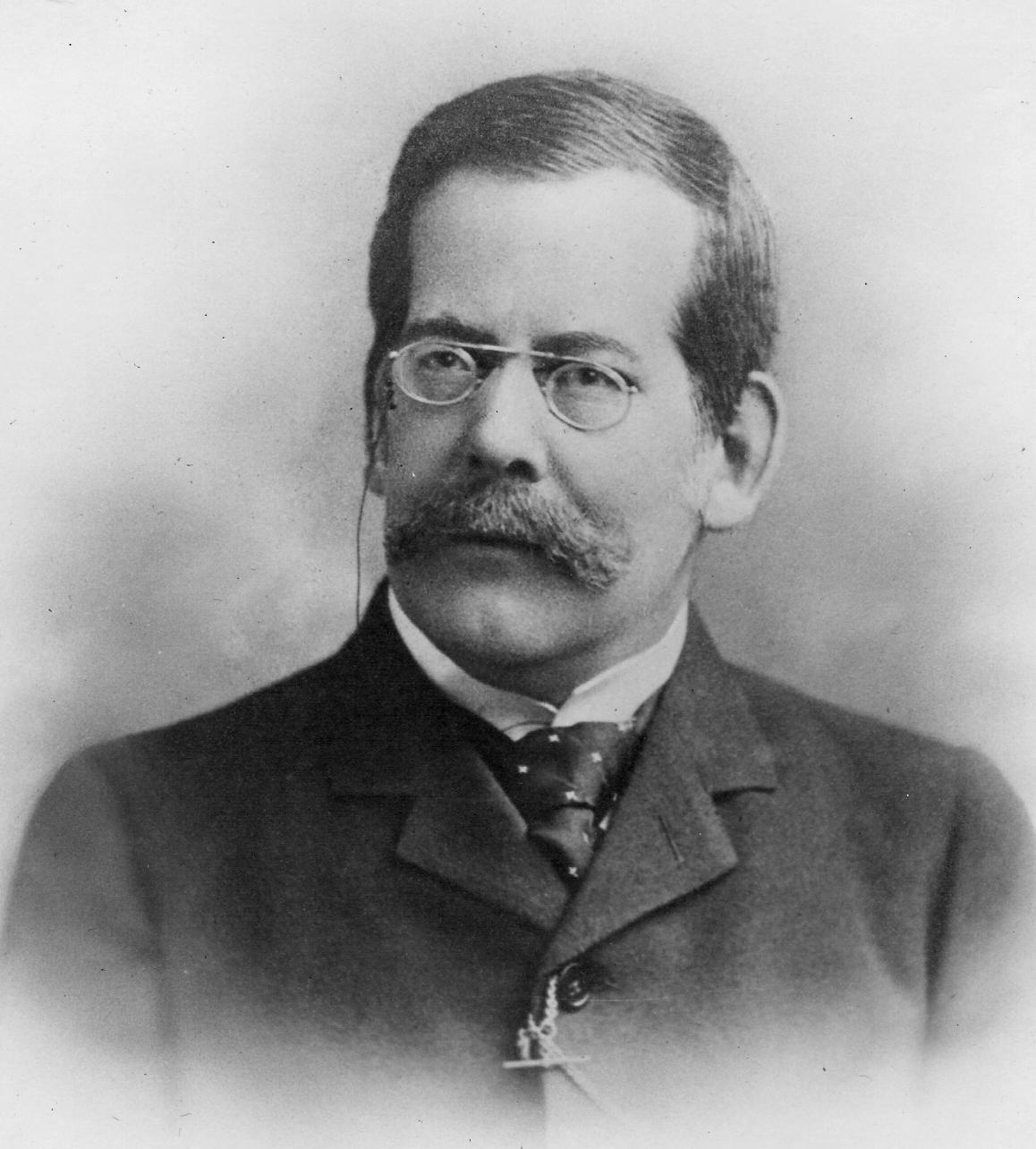|
Philips High School
Philips High School is a community secondary school in Whitefield, Greater Manchester, England. History The school's origins lie in the history of Stand Grammar School. The grammar school was founded in 1688 under the will of Henry Siddall and had close connections with the Unitarian Chapel on Ringley Road, Stand, Whitefield. Indeed, so strong was this connection that, in the 18th century, it was a school of choice in the north-west for parents from dissenting families who did not want to send their children to Anglican schools. In the early years of the 20th century, the governors ran into financial difficulties. In 1908, the Lancashire Education Committee (LEC) assumed responsibility for its management. The Committee purchased of land on Church Lane, Whitefield, from the Earl of Derby and built a new school, which was opened on 6 September 1913 by Alderman J. R. Ragdale. Some believe Robert Clive had links with the school in his early years. Accounts suggest that the Old St ... [...More Info...] [...Related Items...] OR: [Wikipedia] [Google] [Baidu] |
Community School (England And Wales)
A community school in England and Wales is a type of state-funded school in which the local education authority employs the school's staff, is responsible for the school's admissions and owns the school's estate. The formal use of this name to describe a school derives from the School Standards and Framework Act 1998.School Standards and Framework Act 1998 Her Majesty's Stationery Office. Board school In the mid-19th century, government involvement in schooling consisted of annual grants to the National Society for Promoting Religious Education and the British and Foreign School Society (BFSS) to support the "voluntary schools" that they ran, and monitoring inspections of these schools. The Elementary Education Act 1870 (33 & 34 Vict. c. 75) imposed stricter standards on schools ...[...More Info...] [...Related Items...] OR: [Wikipedia] [Google] [Baidu] |
Information And Communication Technologies
Information and communications technology (ICT) is an extensional term for information technology (IT) that stresses the role of unified communications and the integration of telecommunications (telephone lines and wireless signals) and computers, as well as necessary enterprise software, middleware, storage and audiovisual, that enable users to access, store, transmit, understand and manipulate information. ICT is also used to refer to the convergence of audiovisuals and telephone networks with computer networks through a single cabling or link system. There are large economic incentives to merge the telephone networks with the computer network system using a single unified system of cabling, signal distribution, and management. ICT is an umbrella term that includes any communication device, encompassing radio, television, cell phones, computer and network hardware, satellite systems and so on, as well as the various services and appliances with them such as video conferenci ... [...More Info...] [...Related Items...] OR: [Wikipedia] [Google] [Baidu] |
Hairdresser
A hairdresser is a person whose occupation is to cut or style hair in order to change or maintain a person's image. This is achieved using a combination of hair coloring, haircutting, and hair texturing techniques. A hairdresser may also be referred to as a 'barber' or 'hairstylist'. History Ancient hairdressing Hairdressing as an occupation dates back thousands of years. Both Aristophanes and Homer, Greek writers, mention hairdressing in their writings. Many Africans believed that hair is a method to communicate with the Divine Being. It is the highest part of the body and therefore the closest to the divine. Because of this Hairdressers held a prominent role in African communities. The status of hairdressing encouraged many to develop their skills, and close relationships were built between hairdressers and their clients. Hours would be spent washing, combing, oiling, styling and ornamenting their hair. Men would work specifically on men, and women on other women. Before ... [...More Info...] [...Related Items...] OR: [Wikipedia] [Google] [Baidu] |
Business And Technology Education Council
The Business and Technology Education Council (BTEC) is a provider of secondary school leaving qualifications and further education qualifications in England, Wales and Northern Ireland. While the 'T' in BTEC stood for Technical, according to the DfE (2016) it now stands for Technology. BTECs originated in 1984 and were awarded by Edexcel from 1996. Their origins lie in the Business Education Council, formed in 1974 to "rationalise and improve the relevance of sub-degree vocational education". They are the responsibility of the Minister of State for Skills, Apprenticeships and Higher Education in the Department for Education. BTEC qualifications, especially Level 3, are accepted by all UK universities (in many instances combined with other qualifications such as A Levels) when assessing the suitability of applicants for admission, and many such universities base their conditional admissions offers on a student's predicted BTEC grades. A report by the Social Market Foundatio ... [...More Info...] [...Related Items...] OR: [Wikipedia] [Google] [Baidu] |
General Certificate Of Secondary Education
The General Certificate of Secondary Education (GCSE) is an academic qualification in a range of subjects taken in England, Wales, and Northern Ireland, having been introduced in September 1986 and its first exams taken in 1988. State schools in Scotland use the Scottish Qualifications Certificate instead. However, private schools in Scotland often choose to follow the English GCSE system. Each GCSE qualification is offered as a specific school subject, with the most commonly awarded ones being English literature, English language, mathematics, science (combined & triple), history, geography, art, Design and Technology, design and technology (D&T), business studies, economics, music, and Modern language, modern foreign languages (e.g., Spanish, French, German) (MFL). The Department for Education has drawn up a list of core subjects known as the English Baccalaureate for England based on the results in eight GCSEs, which includes both English language and English literature, ... [...More Info...] [...Related Items...] OR: [Wikipedia] [Google] [Baidu] |
Physical Education
Physical education is an academic subject taught in schools worldwide, encompassing Primary education, primary, Secondary education, secondary, and sometimes tertiary education. It is often referred to as Phys. Ed. or PE, and in the United States it is informally called gym class or gym. Physical education generally focuses on developing physical fitness, motor skills, health awareness, and social interaction through activities such as sports, exercise, and movement education. While Curriculum, curricula vary by country, PE generally aims to promote lifelong physical activity and well-being. Unlike other academic subjects, physical education is distinctive because it engages students across the Psychomotor learning, psychomotor, Cognition, cognitive, Affect (psychology), affective, Social skills, social, and cultural domains of learning. Physical education content differs internationally, as physical activities often reflect the geographic, cultural, and environmental features of ... [...More Info...] [...Related Items...] OR: [Wikipedia] [Google] [Baidu] |
Religious Studies
Religious studies, also known as religiology or the study of religion, is the study of religion from a historical or scientific perspective. There is no consensus on what qualifies as ''religion'' and definition of religion, its definition is highly contested. It describes, compares, interprets, and explains religion, emphasizing empirical, historically based, and cross-cultural perspectives. While theology attempts to understand the Transcendence (religion), transcendent or supernatural according to traditional religious accounts, religious studies takes a more scientific and objective approach, independent of any particular religious viewpoint. Religious studies thus draws upon multiple academic disciplines and methodologies including Anthropology of religion, anthropology, Sociology of religion, sociology, Psychology of religion, psychology, Philosophy of religion, philosophy, and history of religion. Religious studies originated in Modern Europe, 19th-century Europe, when B ... [...More Info...] [...Related Items...] OR: [Wikipedia] [Google] [Baidu] |
French Language
French ( or ) is a Romance languages, Romance language of the Indo-European languages, Indo-European family. Like all other Romance languages, it descended from the Vulgar Latin of the Roman Empire. French evolved from Northern Old Gallo-Romance, a descendant of the Latin spoken in Northern Gaul. Its closest relatives are the other langues d'oïl—languages historically spoken in northern France and in southern Belgium, which French (Francien language, Francien) largely supplanted. It was also substratum (linguistics), influenced by native Celtic languages of Northern Roman Gaul and by the Germanic languages, Germanic Frankish language of the post-Roman Franks, Frankish invaders. As a result of French and Belgian colonialism from the 16th century onward, it was introduced to new territories in the Americas, Africa, and Asia, and numerous French-based creole languages, most notably Haitian Creole, were established. A French-speaking person or nation may be referred to as Fra ... [...More Info...] [...Related Items...] OR: [Wikipedia] [Google] [Baidu] |
Language Education
Language education refers to the processes and practices of teaching a second language, second or foreign language. Its study reflects interdisciplinarity, interdisciplinary approaches, usually including some applied linguistics. There are four main learning categories for language education: communicative competencies, proficiencies, cross-cultural experiences, and multiple literacies. Need Increasing globalization has created a great need for people in the workforce who can communicate in multiple languages. Common languages are used in areas such as trade, tourism, diplomacy, technology, media, translation, interpretation and science. Many countries such as Korea (Kim Yeong-seo, 2009), Japan (Kubota, 1998) and China (Kirkpatrick & Zhichang, 2002) frame education policies to teach at least one foreign language at the primary and secondary school levels. Further, the governments of some countries more than one official language; such countries include India, Singapore, Malay ... [...More Info...] [...Related Items...] OR: [Wikipedia] [Google] [Baidu] |
Physics
Physics is the scientific study of matter, its Elementary particle, fundamental constituents, its motion and behavior through space and time, and the related entities of energy and force. "Physical science is that department of knowledge which relates to the order of nature, or, in other words, to the regular succession of events." It is one of the most fundamental scientific disciplines. "Physics is one of the most fundamental of the sciences. Scientists of all disciplines use the ideas of physics, including chemists who study the structure of molecules, paleontologists who try to reconstruct how dinosaurs walked, and climatologists who study how human activities affect the atmosphere and oceans. Physics is also the foundation of all engineering and technology. No engineer could design a flat-screen TV, an interplanetary spacecraft, or even a better mousetrap without first understanding the basic laws of physics. (...) You will come to see physics as a towering achievement of ... [...More Info...] [...Related Items...] OR: [Wikipedia] [Google] [Baidu] |
Chemistry
Chemistry is the scientific study of the properties and behavior of matter. It is a physical science within the natural sciences that studies the chemical elements that make up matter and chemical compound, compounds made of atoms, molecules and ions: their composition, structure, properties, behavior and the changes they undergo during chemical reaction, reactions with other chemical substance, substances. Chemistry also addresses the nature of chemical bonds in chemical compounds. In the scope of its subject, chemistry occupies an intermediate position between physics and biology. It is sometimes called the central science because it provides a foundation for understanding both Basic research, basic and Applied science, applied scientific disciplines at a fundamental level. For example, chemistry explains aspects of plant growth (botany), the formation of igneous rocks (geology), how atmospheric ozone is formed and how environmental pollutants are degraded (ecology), the prop ... [...More Info...] [...Related Items...] OR: [Wikipedia] [Google] [Baidu] |








